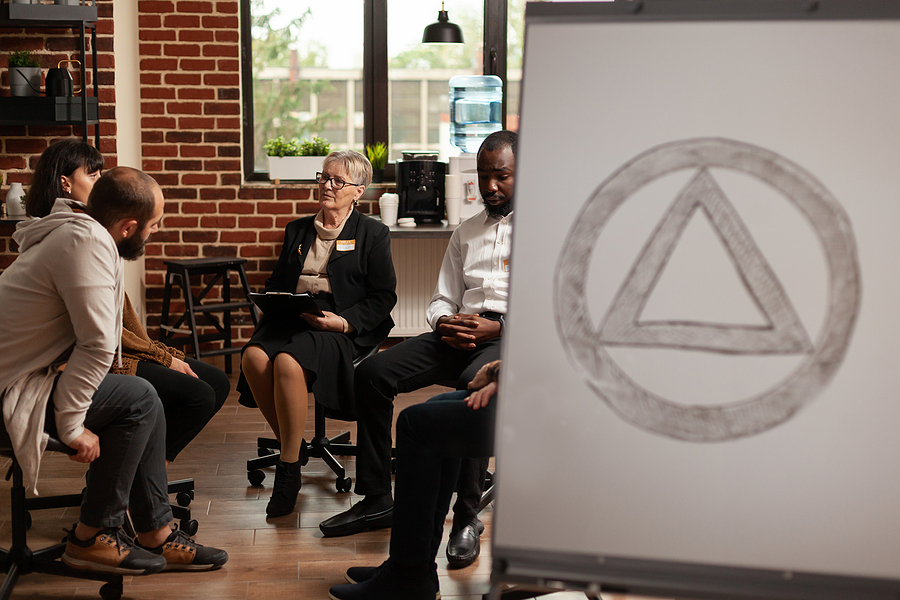After completing a drug rehab program, you face the next phase of recovery. This transition requires support, guidance, and access to resources to maintain sobriety and prevent relapse. Often this comes in the form of an aftercare program, either led by the treatment program itself or in the community.
An aftercare program provides a structured plan to help you manage challenges that arise when returning to daily life. The program combines therapy, peer support, and practical skills to create a framework for long-term recovery.
What Happens After Completing Drug Rehab
Once you leave a treatment facility, you may feel a mix of relief and anxiety. You have completed intensive care, but everyday life can present triggers and stressors that challenge your sobriety. Aftercare programs offer outpatient therapy, regular check-ins with counselors, and participation in support groups to address these challenges and provide a safety net.
Transitioning from a rehab environment to independent living can create uncertainty. Situations that remind you of past drug use or provoke cravings can test your recovery. Aftercare programs supply tools to manage these situations. Remaining connected to support networks and attending therapy sessions strengthens your resilience and improves your chances of long-term success.
Key Components of Drug Rehab Aftercare Programs
A complete aftercare plan combines several elements to address your unique recovery needs, including:
- Individual therapy
- Group therapy
- Family therapy
- Life skills training
- Support groups
How Therapy Supports Your Long-Term Recovery After Drug Rehab
Therapy offers a safe environment to explore your thoughts, emotions, and behaviors related to addiction. It helps you recognize triggers, identify negative patterns, and replace them with healthier habits. Some common types of therapy are:
- Cognitive-behavioral therapy (CBT) helps you reshape negative thought patterns
- Dialectical behavior therapy (DBT) improves emotional regulation
- Motivational interviewing supports commitment to personal recovery goals
The Connection Between Aftercare and Relapse Prevention
Aftercare programs directly support relapse prevention. Transitioning to independent living presents risks, but a structured plan reduces those risks. Programs teach strategies to cope with triggers, establish healthy routines, and remain connected to sober communities. These steps strengthen your ability to avoid setbacks.
Regular assessments led by your aftercare team can track your progress and identify issues before they escalate. Outpatient care and ongoing support groups create a safety net.
Building a Support Network for Lasting Sobriety
A strong support network improves your recovery outcomes. Peer-led groups, including 12-step programs, provide connection and accountability. Sharing experiences and learning from others reinforces the effort to remain sober.
Family participation also enhances recovery. Educating family members about addiction fosters a supportive home environment. Family therapy and open communication rebuild trust and strengthen relationships. A solid support network gives you resources and encouragement to sustain sobriety and face challenges with confidence.
How Family Involvement Strengthens Recovery
Family support strengthens your recovery. Participation in therapy helps family members understand addiction and its effects, allowing them to encourage. Healthy communication and resolution of past conflicts create a supportive environment.
Families can join support groups designed for loved ones of people in recovery. Active family involvement reinforces accountability, strengthens relationships, and contributes to lasting sobriety. Support from those closest to you remains an essential resource as you maintain your recovery.
Call Serenity Treatment Centers of Louisiana for AfterCare Options
Exploring aftercare options helps you choose the program that fits your needs. Contact Serenity Treatment Centers of Louisiana at (225) 361-8445 to discuss affordable rehabilitation assistance.










